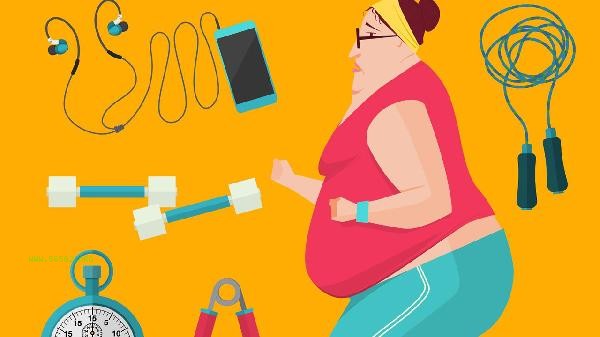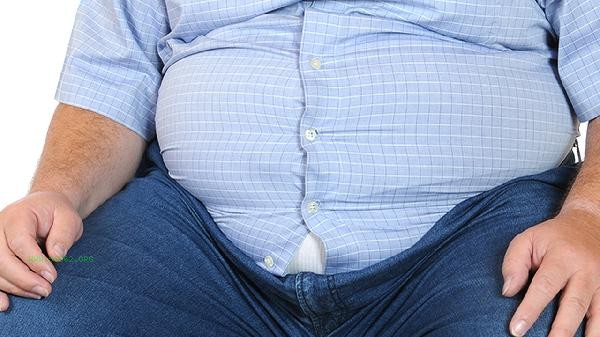Dieting for weight loss can indeed reduce fat, but the effect is influenced by factors such as dietary structure, basal metabolic rate, muscle loss, hormone changes, and rebound risk.
1. Dietary structure:

Simply reducing calorie intake may lead to nutritional imbalance. A low calorie but high carbohydrate diet may preferentially consume glycogen rather than fat, while a high protein diet can better protect muscle tissue. It is recommended to control total calorie intake while ensuring protein, dietary fiber, and micronutrient intake, such as choosing lean meat, green leafy vegetables, and whole grains.
2. Basal metabolic rate:
Long term extreme dieting can cause the body to enter a "famine mode", with a decrease in basal metabolic rate of 20% -30%. When the daily intake is less than 1200 calories, the body will break down muscles to provide energy, and the efficiency of fat consumption will actually decrease. It is recommended to maintain metabolic activity through strength training and intermittent fasting.
3. Muscle loss:

For every kilogram lost, about 30% may come from muscle tissue. A decrease in muscle mass directly reduces resting energy expenditure, forming a vicious cycle of 'the more you lose, the harder it is to lose weight'. supplementing branched chain amino acids and conducting resistance training can reduce muscle breakdown.
4. Hormonal changes:
Dieting can lead to a 40% -50% decrease in leptin levels and a 30% increase in ghrelin, triggering strong appetite. The decrease in thyroid hormone T3 leads to a decrease in the activity of lipolytic enzymes. It is recommended to use a stepwise heat reduction method to avoid severe fluctuations in hormones.
5. Rebound risk:
About 80% of people who simply diet to lose weight will regain their original weight within 1-2 years. The water and muscle lost during rapid weight loss will be preferentially converted into fat storage after resuming diet. Losing no more than 1% of total weight per week can effectively reduce the probability of rebound.

Healthy weight loss requires establishing a sustainable dietary pattern, and it is recommended to adopt the Mediterranean diet combined with strength training, with a daily calorie deficit controlled at 300-500 calories. Regularly monitoring changes in body fat percentage is more meaningful than simply focusing on weight. When signals such as dizziness and amenorrhea appear, extreme dieting should be stopped immediately, and if necessary, seek guidance from a nutritionist to develop personalized plans. Maintaining sufficient sleep and stress management are equally important for maintaining the effectiveness of weight loss.




Comments (0)
Leave a Comment
No comments yet
Be the first to share your thoughts!